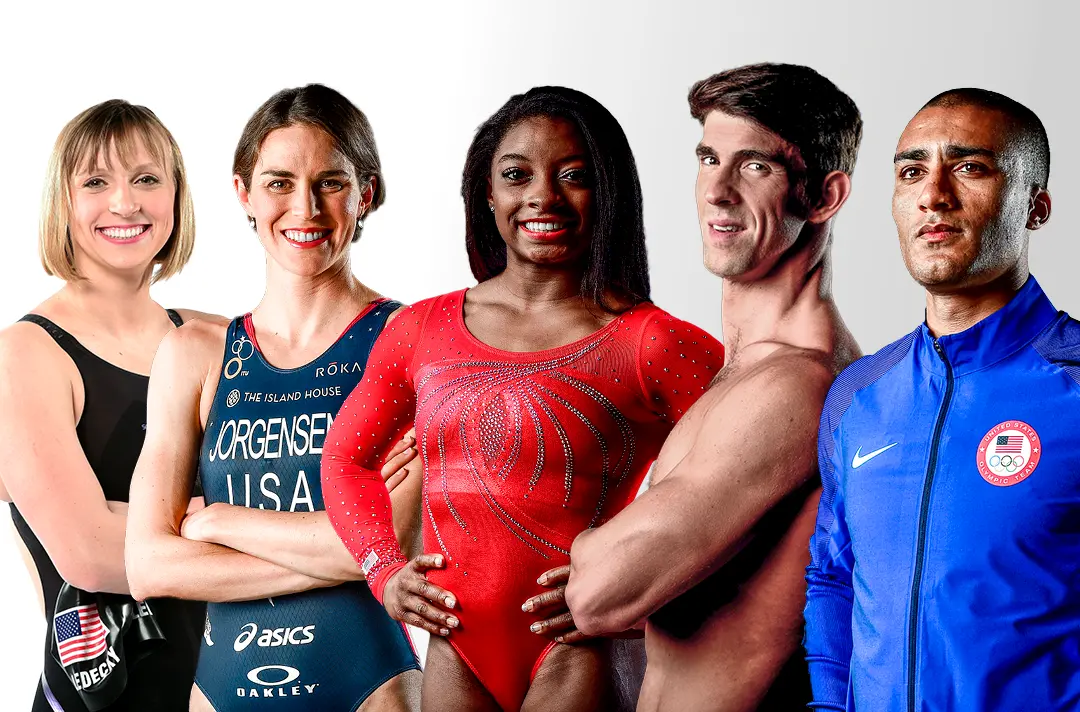The inevitable conclusion to four straight non-playoff seasons by the New York Giants happened Jan. 4 when Tom Coughlin announced he was stepping down as head coach.
Though Coughlin wasn’t technically fired, he surely felt the pressure that comes with three straight losing seasons.
But he shouldn’t have.
In case we forget, the 69-year-old former assistant under Bill Parcells in New York won two Super Bowls during his 12-year run as head coach of the Giants. For perspective, that’s 1–2 more than a handful of franchises have won in their entire history.
While past performance shouldn’t always be a reason to keep someone aboard, it does prove this: When he has talent, he gets the most out of it. What else can you ask for in a coach?
Yet Coughlin isn’t the one in charge of providing the talent, and it wasn’t there these past few seasons.
Look at the front seven on defense. Only Jason Pierre-Paul—who missed the first half of the season with his infamous hand injury—is an above-average player. But even he had only one sack to show for his eight-game performance, and who knows what the Giants can expect from him in the future, while essentially playing with one-handed.
Consequently, the team’s defense was dead last in total yards allowed at 420.3 per game and third-to-last in points surrendered at 27.6 a game.
That explains all their late-game collapses—six in all—where the Giants were ahead or tied in the fourth quarter but ended up losing. Yes, Coughlin took heat for going for it on fourth down late in the game against the Jets when the field goal was there, but could you blame him? He had dealt with a leaky defense all season and was looking for a bigger cushion to make up for it.
Of course, even to blame this all on the front office is a little difficult. After winning Super Bowl XLVI following the 2011 season, the Giants needed some help on offense to supplement Eli Manning. Since that time, they’ve used all four first-round picks on offensive players—including two on offensive linemen to give the unit a much-needed boost.





